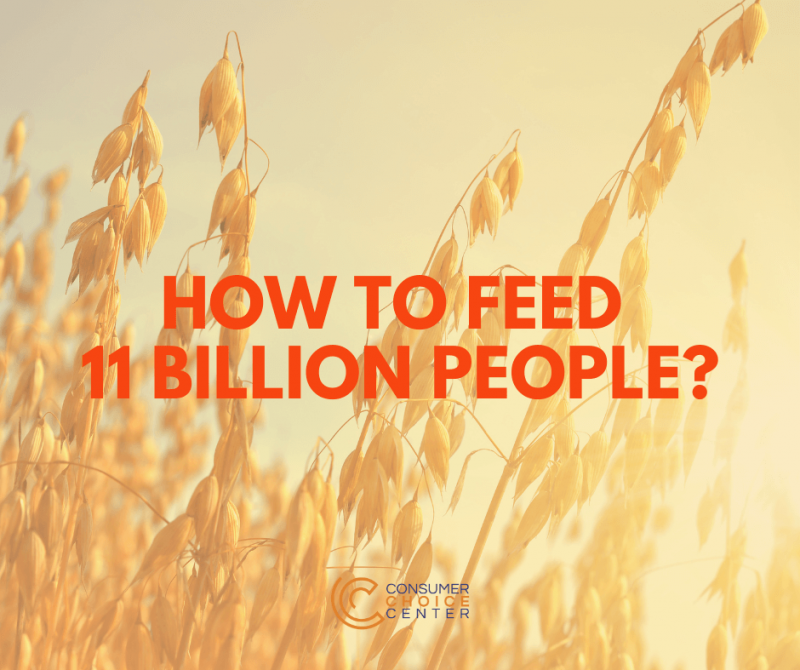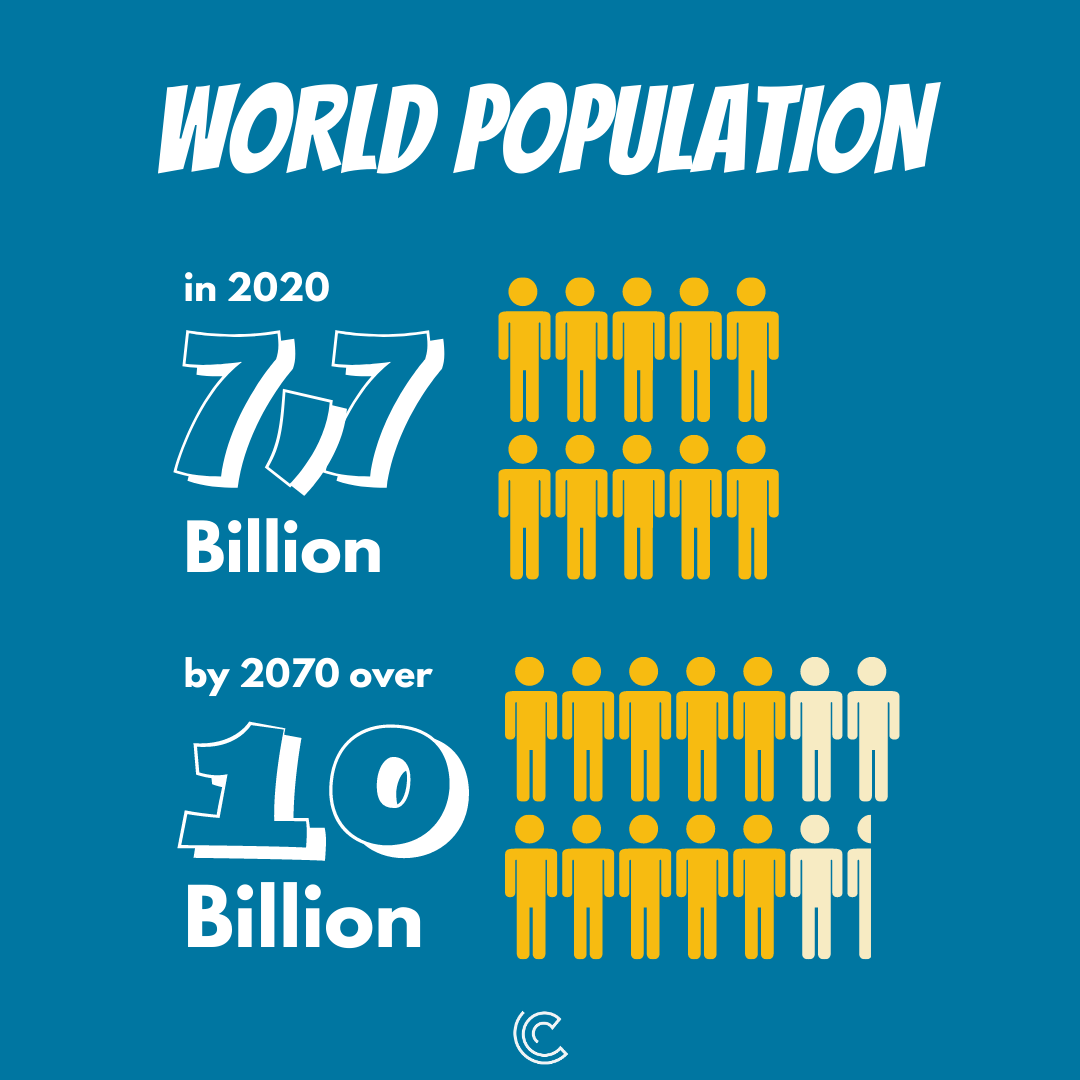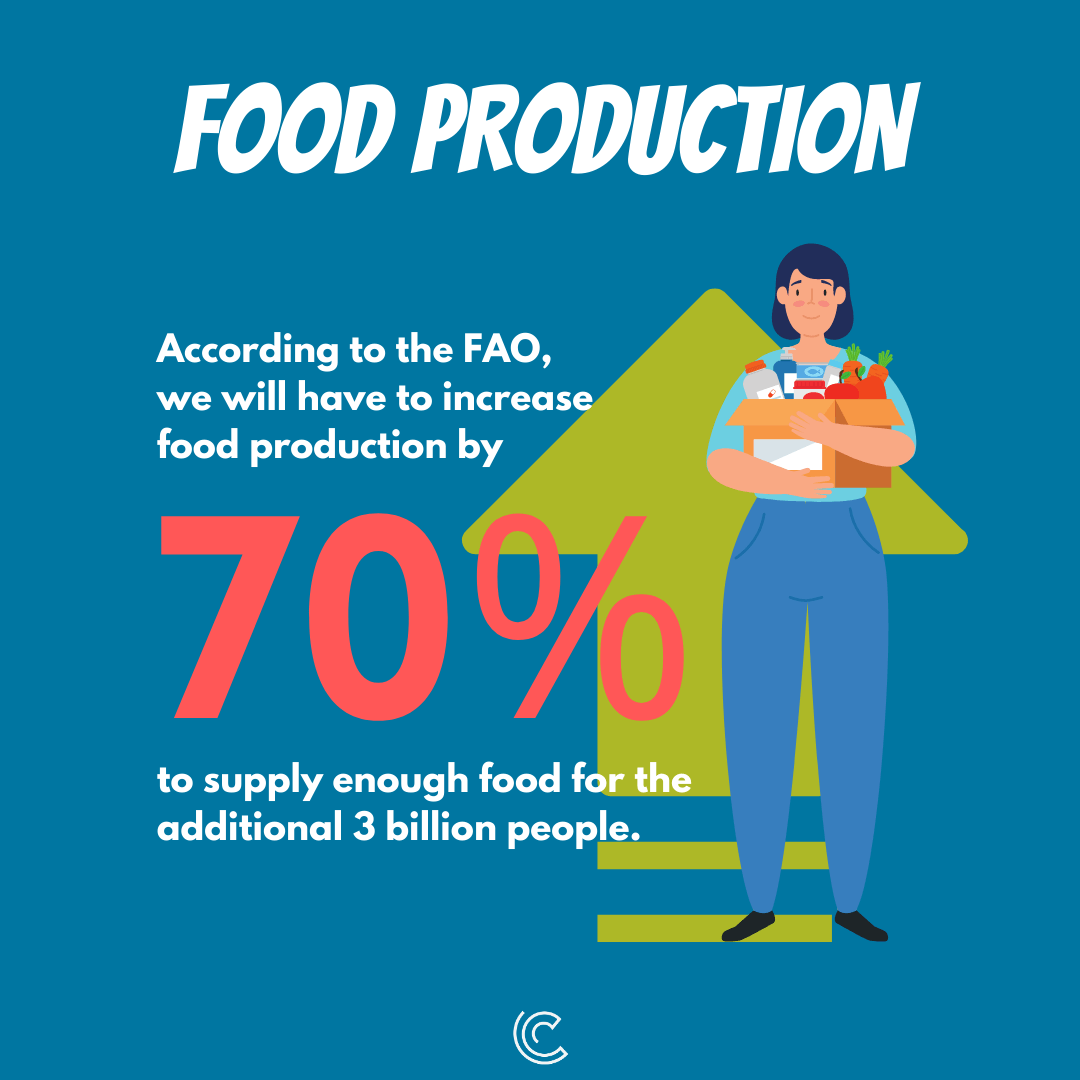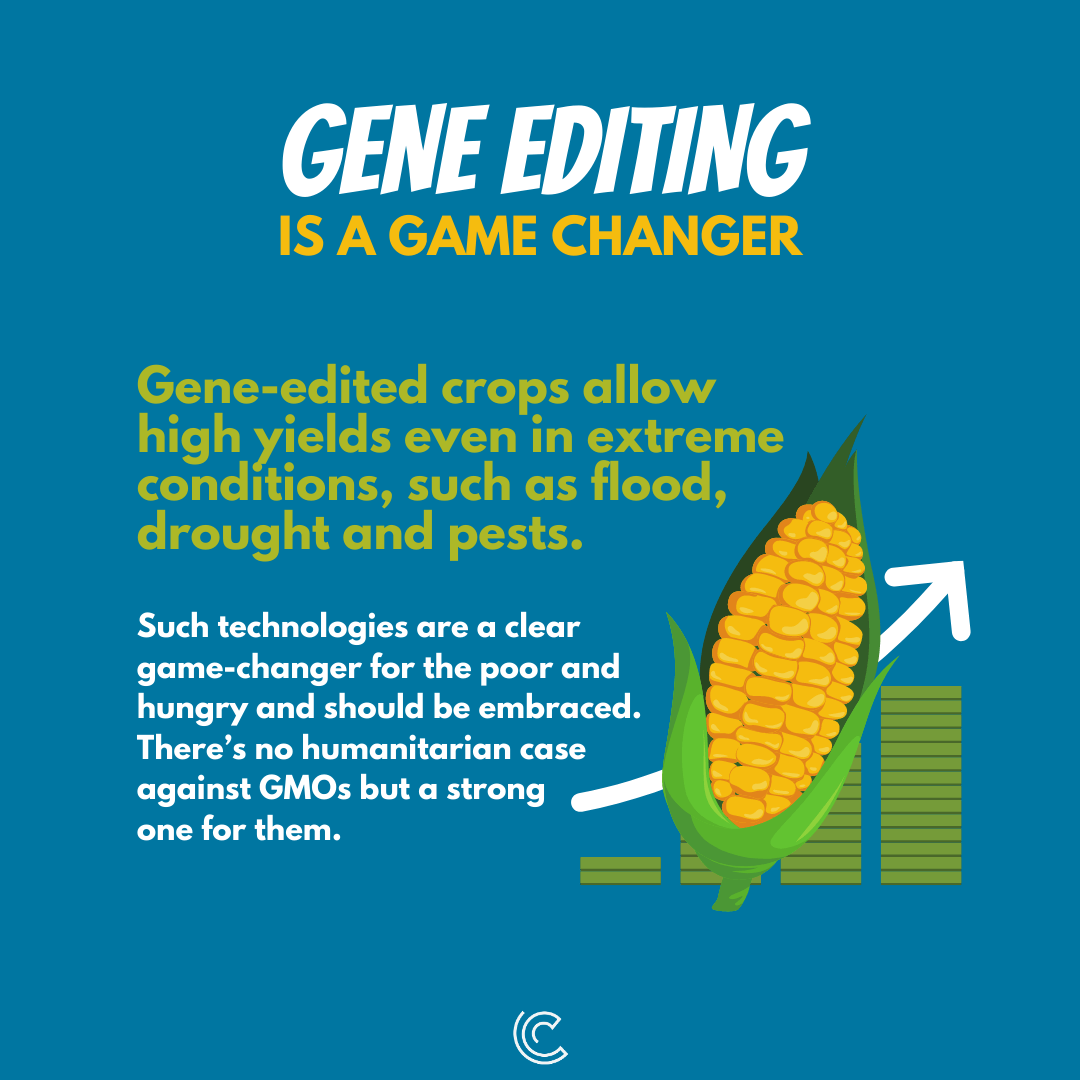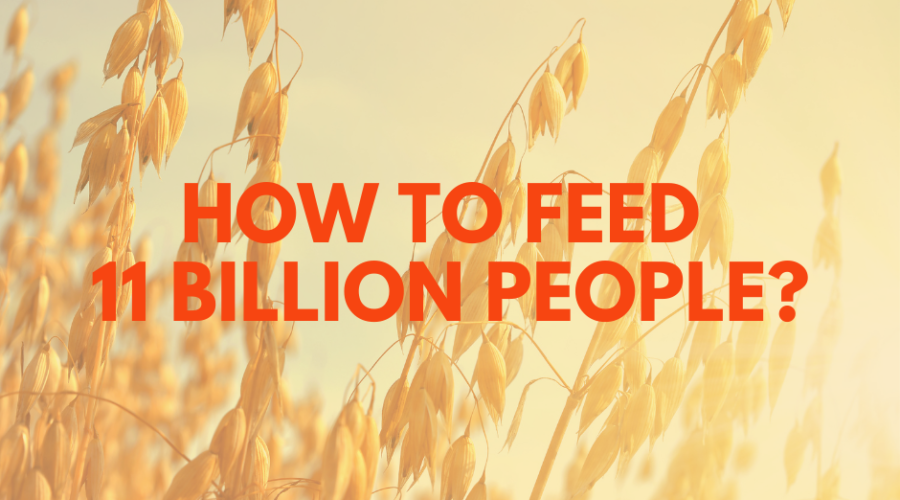Germany’s energy transition should give us pause
A radical energy transition should not punish consumers.
If we want to be serious about climate challenges and the growing energy demand, we must urgently take up the issue of nuclear energy again.
Imagine that you declare an energy transition, but nobody is participating in it. This is what happened in Germany with the “Energiewende” (energy transition). This German transition led to a significant price increase for ordinary people. The Institute for Economic Research found that this radical change cost German households more than 28 billion euros because the market was subject to less competition. The big winners from this transition are the coal and gas industry.
Indeed, the use of coal- and gas-fired power stations has increased so much that Germany – even with all the efforts to reduce carbon dioxide emissions – has remained stagnant on its results. As a result, its climate targets have not been met. To avoid Germany’s situation, the Greens in Finland are in favour of nuclear power. In Switzerland, even though the country no longer builds new power plants, it has several times rejected the principle of a complete phase-out of nuclear power by means of a referendum.
The need for nuclear power is also becoming more and more important for reasons of national security: why accept a growing dependence on gas from Russia, a country that violates human rights and is regularly hostile to European countries?
The scientific world, which the political world wants to rely on when it comes to underlining the urgency of climate change, has regularly made its voice heard in this debate. In December 2014, 75 scientists from around the world wrote an open letter to environmentalists on nuclear energy, claiming that it is an efficient and necessary means of producing energy and that the facts contradict the ideological reasoning against power plants.
The scientists were brought together by Professor Barry W. Brook, chair of sustainable environment at the University of Tasmania, Australia. This environmentalist has published three books and more than 300 scientific articles. Their letter said:
“Although renewable energy sources such as wind and solar are likely to make an increasing contribution to future energy production, these technological options face practical problems of scalability, cost, materials and land use, which means that it is too risky to consider them as the only alternatives to fossil fuels”.
Nuclear energy is the answer to the problems of our time. It is affordable and, importantly, does not emit CO2 emissions. The United States, not particularly known for its adherence to international climate agreements, has avoided 476.2 tonnes of CO2 emissions thanks to nuclear power. Since 1995, a total of 15.7 billion tonnes has been avoided thanks to nuclear power or a third of the planet’s annual consumption. Of course, this is a figure that would have to be increased, but this will only be possible with energy models such as France’s, which guarantees energy independence with a system of extensive nuclear power plants.
Furthermore, we must come back to the facts when it comes to the discussion on waste. In reality, nuclear fuel is extremely dense. It is about a million times larger than that of other traditional energy sources and, as a result, the amount of nuclear fuel used is small. All the nuclear fuel waste produced by the US nuclear industry over the last 60 years could fit on a football field less than 10 metres deep. Moreover, currently, 96% of this “waste” is recyclable.
Opposition to nuclear power is mainly due to a lack of knowledge of the technological systems, as well as the problematic media coverage of accidents such as the one in Fukushima. As the ecologist Michael Schellenberger notes, “the number of deaths for the same production of electricity, here, for example, the terawatt-hour, is significantly lower than for other major means of mass production such as coal, oil, biomass and natural gas”.
While we are all concerned about the effects of climate change, we must realise that nuclear power is the only viable alternative that is safe, clean and capable of guaranteeing the production we need. Should we have a debate on nuclear power? Of course, we do. But we must ensure that this debate is based on facts and without losing sight of the objective of maintaining our quality of life while reducing greenhouse gases.
Originally published here.




